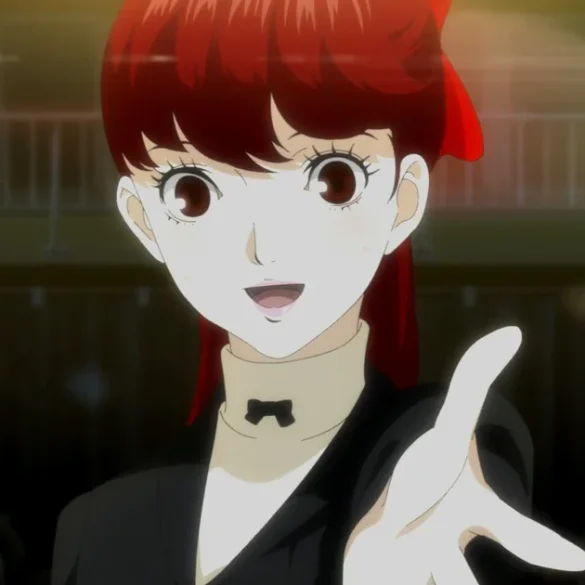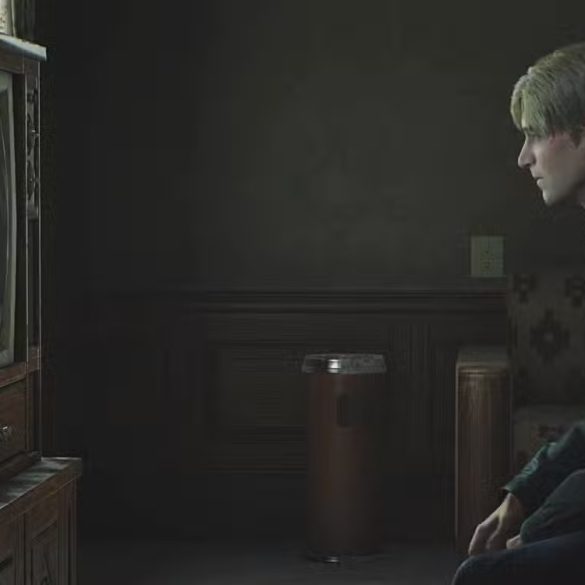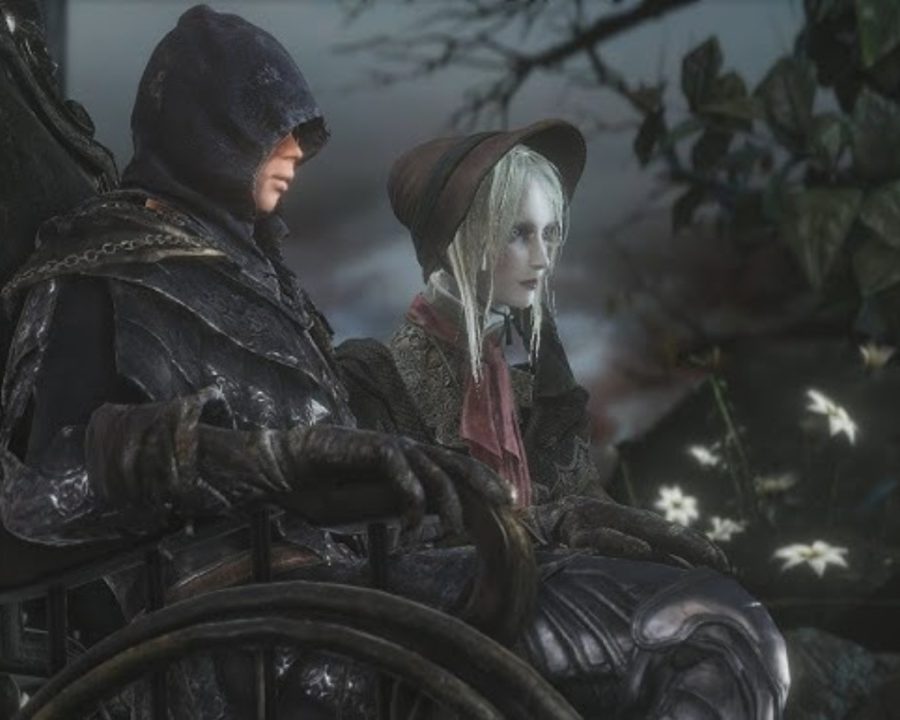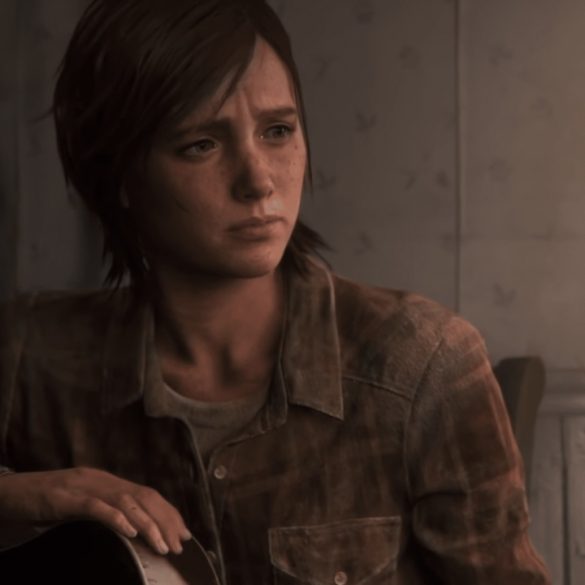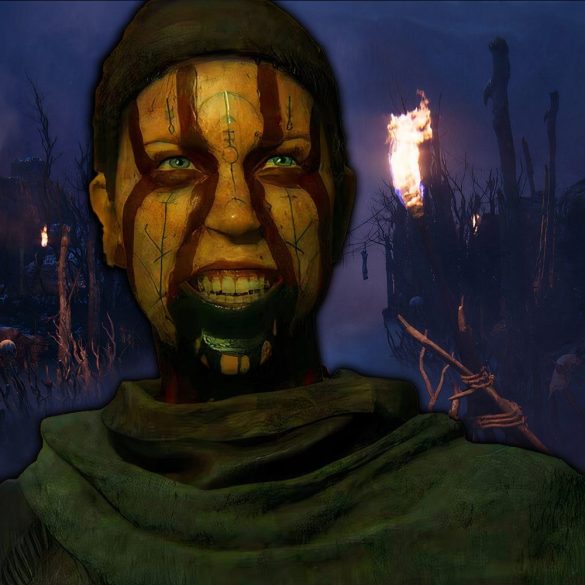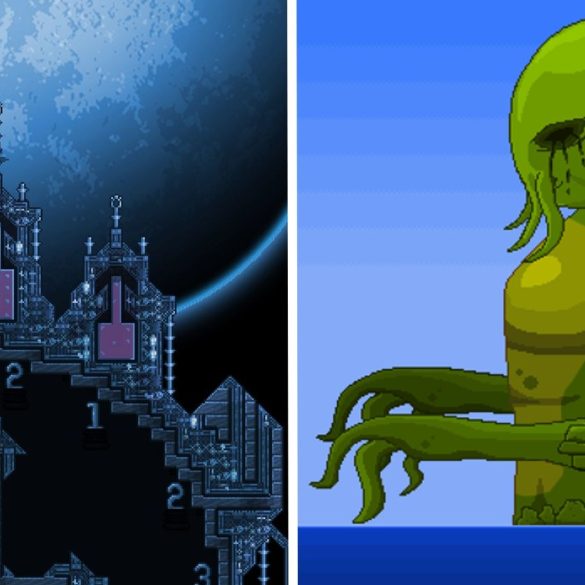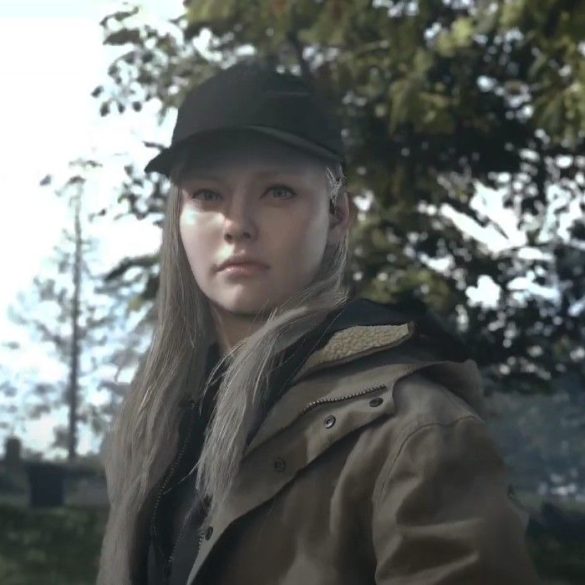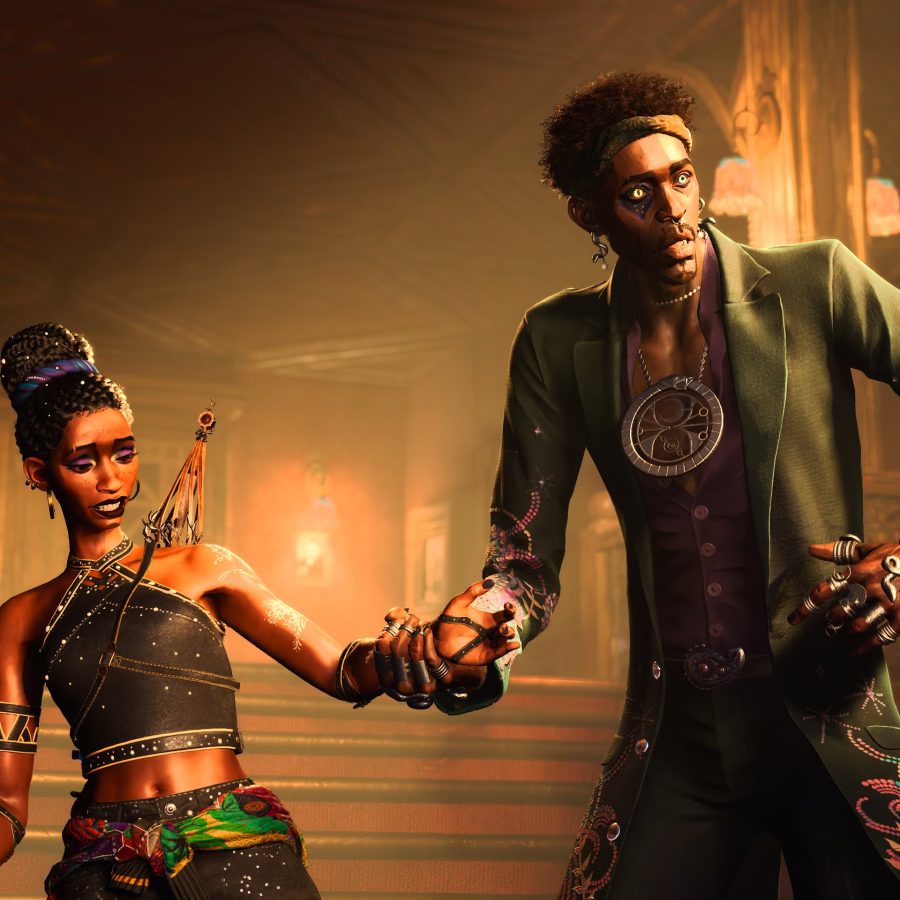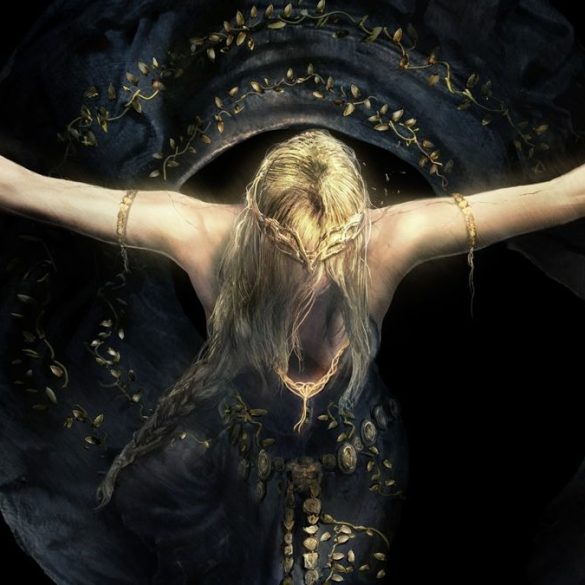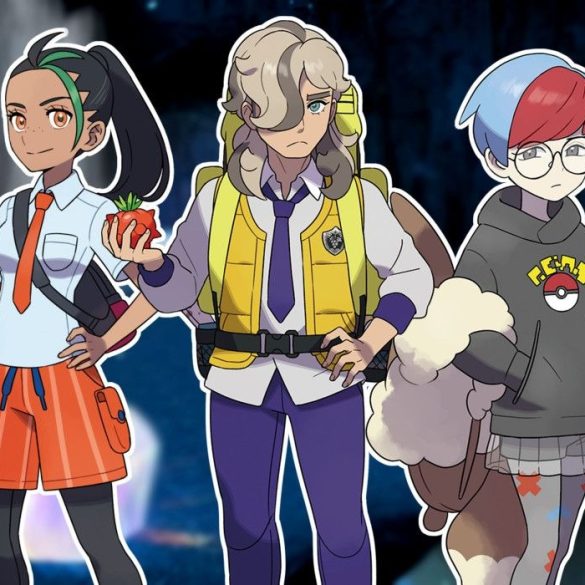Hellblade: Senua’s Sacrifice 2 Ending Explained: The Giants, Secrets, and the Power of Choice
Senua’s quest leads to an ambiguous ending full of unanswered questions.
Hellblade: Senua’s Sacrifice 1 Ending Explained: A Journey Through Trauma
Senua’s journey through darkness is not just about saving a soul but battling her mind.
The Lore Of Terraria Ending Explained: Lore, Bosses, and Cosmic Balance
Every world in Terraria holds its heartbeat and secrets.
Resident Evil Village Ending Explained: Ethan’s Fate, Rose’s Future, and the Mysteries Yet to Be Settled
Peace is shattered when Chris Redfield storms in with unexpected violence.
Elden Ring Ending Explained: The Journey to Become Elden Lord
A journey of choice where every decision changes the Lands Between.
Pokemon Scarlet and Violet Ending Explained: AI Twist, Time Machine Battles, and What Comes Next After Credits
Welcome to Paldea where your path is truly yours.


